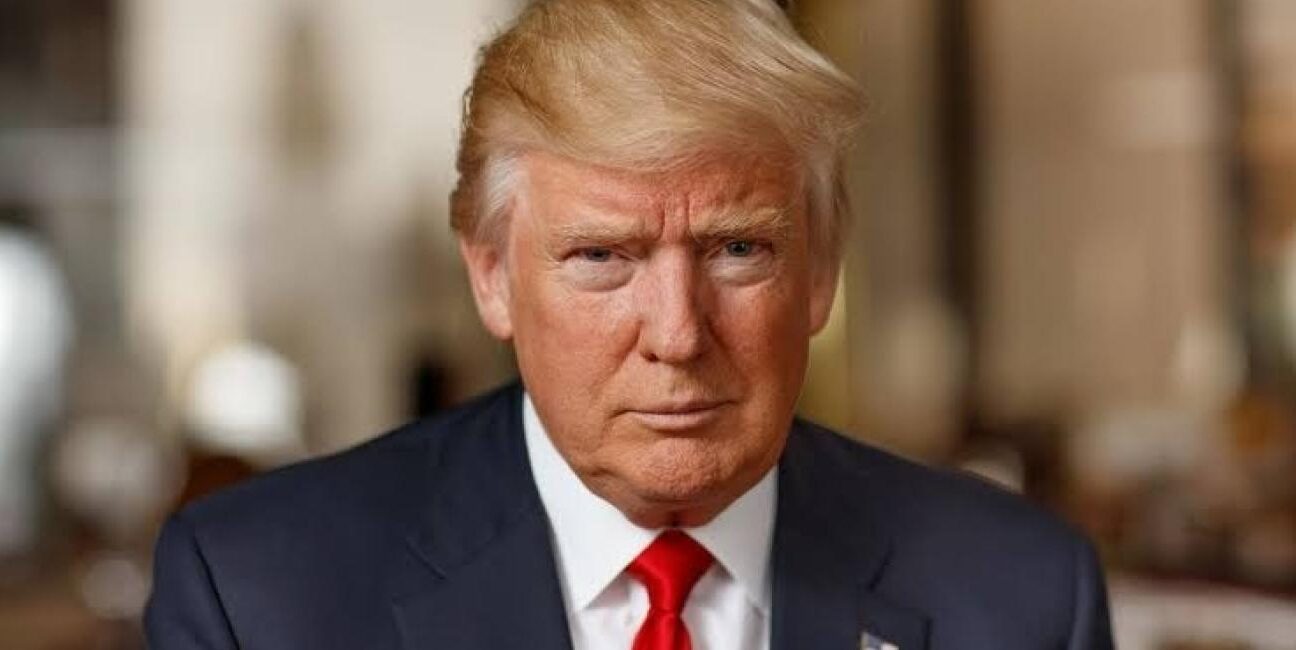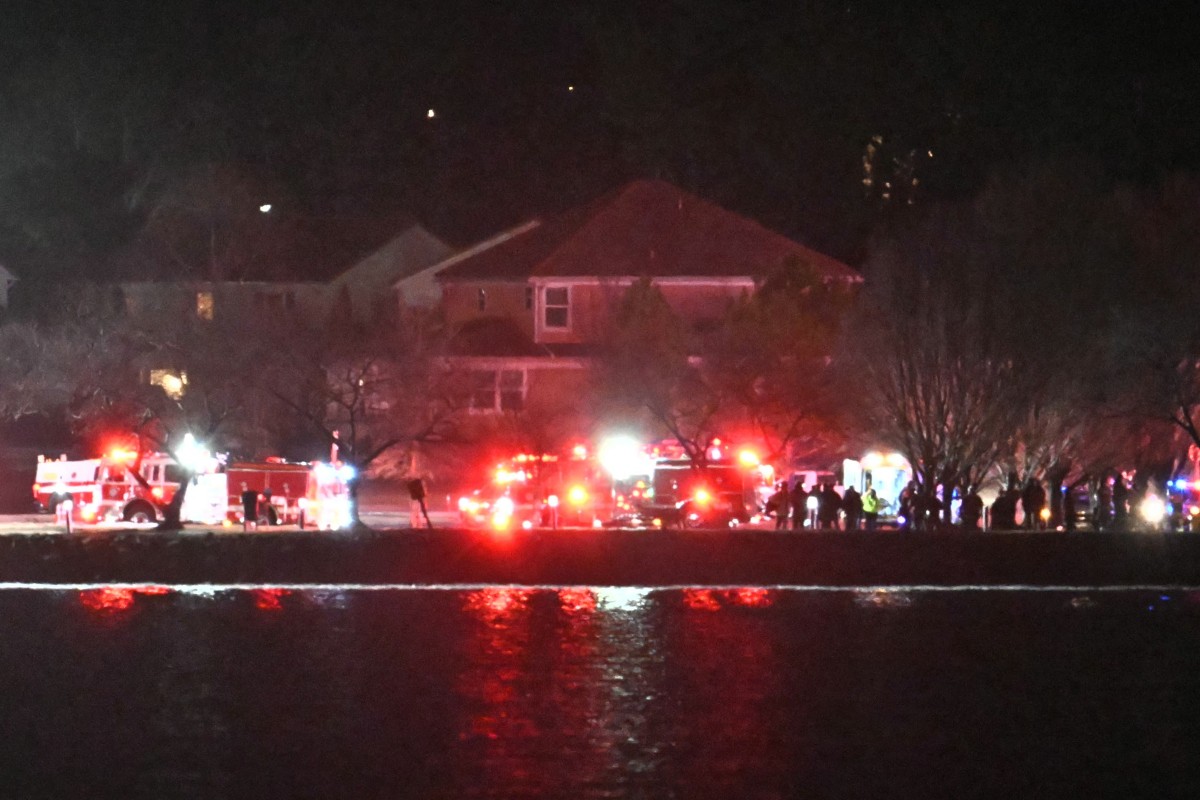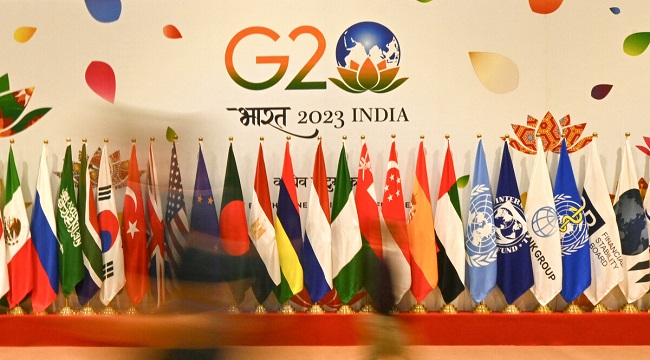President Donald Trump has decided to halt the supply of lifesaving drugs and medical supplies for HIV, malaria, tuberculosis, and critical neonatal care. This decision impacts countries supported by the United States Agency for International Development (USAID), raising concerns about a potential global health crisis.
On Tuesday, USAID contractors and partners received notices to cease operations immediately. This suspension is part of a broader freeze on U.S. aid and funding that has been in place since President Trump took office on January 20, as the administration reviews development programs.
One such memo was sent to Chemonics, a major U.S. consulting firm working with USAID to deliver essential medicines worldwide. The memo directs the firm to halt operations related to HIV, malaria, tuberculosis, contraception, and maternal and child health supplies.
Atul Gawande, former global health chief at USAID, described the situation as “catastrophic,” noting that donated drug supplies keeping 20 million people with HIV alive would stop immediately. He warned that treatment interruptions could lead to disease resurgence, drug resistance, and increased transmission of HIV.
The freeze affects organizations supporting 6.5 million orphans and vulnerable children with HIV in 23 countries. It also prevents medicine deliveries to clinics and could lead to the closure of clinics funded by U.S. assistance.
The suspension follows an executive order signed by Trump on January 20, which imposed a 90-day pause on foreign development aid to assess efficiency and alignment with U.S. foreign policy. Additionally, around 60 senior career officials at USAID were placed on leave earlier this week, further disrupting the agency’s operations.
The United States is the world’s largest donor of humanitarian aid, contributing 42% of all assistance tracked by the United Nations in 2024. In fiscal year 2023, U.S. foreign assistance amounted to $72 billion[1].
Experts and advocates warn that the aid freeze could have devastating consequences for millions relying on these programs. USAID and Chemonics have not yet responded to requests for comment.
On its website, USAID states that it supports HIV prevention, care, and treatment in over 50 countries, including Nigeria, Angola, Benin, Botswana, Burkina Faso, Burma, Burundi, Cambodia, Cameroon, Nepal, and Nicaragua





